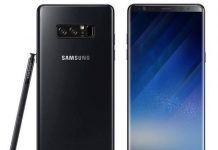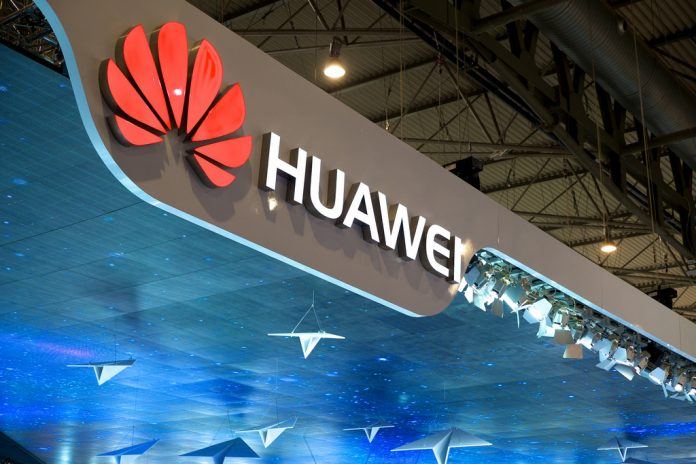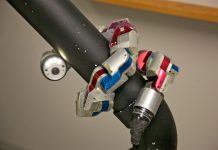During their annual technology conference, Huawei Connect, in Shangai this year, Huawei announced their very own cloud service, Atlas.
The emphasis of the entire event was laid on intelligent clouds. Clouds that would be able to meet the demands of the future. Huawei feels that its unique heterogeneous platform will become indispensable as we approach the AI age, and certainly give their competitors, like Amazon, Google, Alibaba, and IBM a challenge.
Atlas has been designed to give its users a heterogeneous platform for the sorts of computing that Huawei believes will dominate cloud services from this point forward.
But how does this work?
Huawei based its Atlas design on a new set of FushionServer boxes. These combine x86 processors with Graphics Processing Units (GPUs). When using the FushionServer G5500, Huawei can use this to bring a faster and higher performance to any computing workload. In addition, it will also make use of the FushionServer G2500 which can store up to 16 NVIDIA P4 GPUs and has 240 TB of storage. The P4 accelerators are specifically made for inferencing neural networks. In Atlas, it will be specifically used towards tasks like video analytics where it will gather data from vehicles and loT devices.
To conform with its philosophy of a heterogeneous platform, Atlas will also offer a FPGA cloud service, though less is known about the specifics of its engineering. Currently, Huawei employs a Xilinx FPGA-accelerated E900 blade. The goal application for the FPGA cloud service is also inferencing, although it can be used for an array of application, which also includes HPC.
The introduction of Atlas seems relatively late at this point after their competitors like Amazon and Google have already offered users formidable cloud solutions. Yet, Huawei’s President of the IT server line, Qiu Long, explained that Atlas is revolutionary in that it is anticipating the demands of the future.
As we are progressing towards the AI future, Long stressed that our traditional hardware will not be able to accommodate AI and future cloud technologies. By pooling together all these different computing platforms, Huawei hopes to lead the way in bringing optimum functionality and utility to cloud storage, and leading the way to new heights in performance.
Of course entering the cloud storage arena so late has a unique set of challenges, especially when so many users are already familiar and happy with competing for cloud services like Amazon. While Huawei does have the added advantage of having an already established smartphone client base, it remains to be seen whether this new cloud storage system can compete in this realm of technology.

















